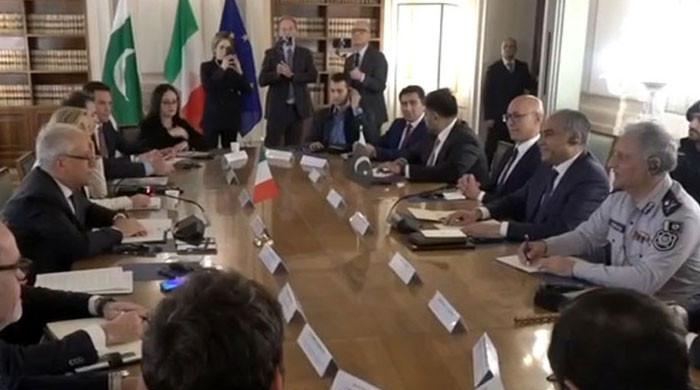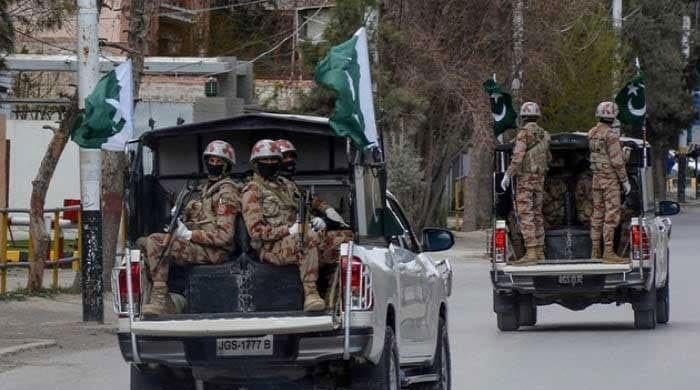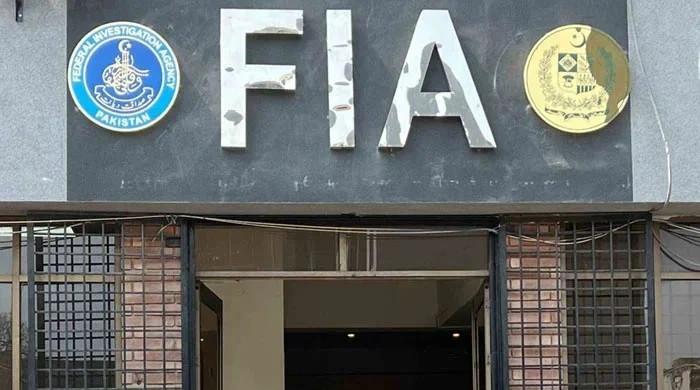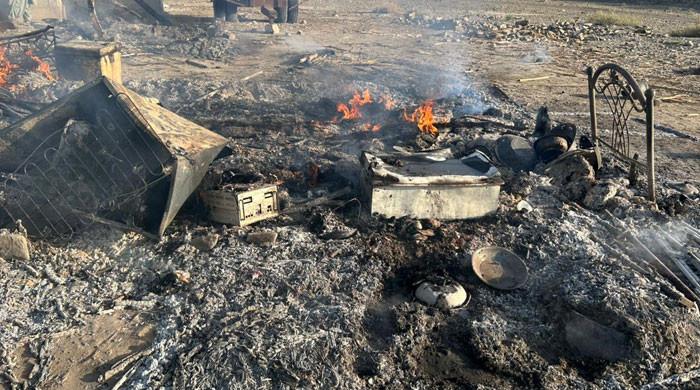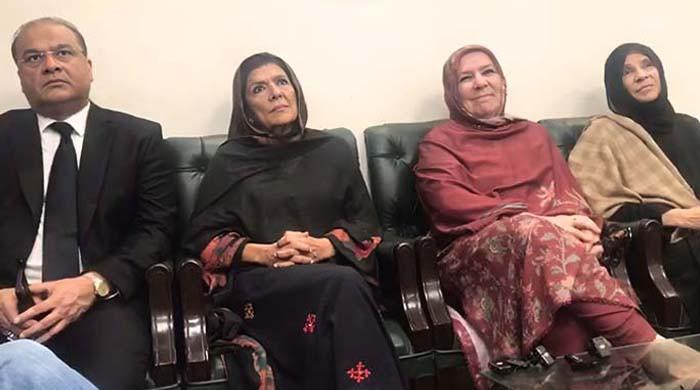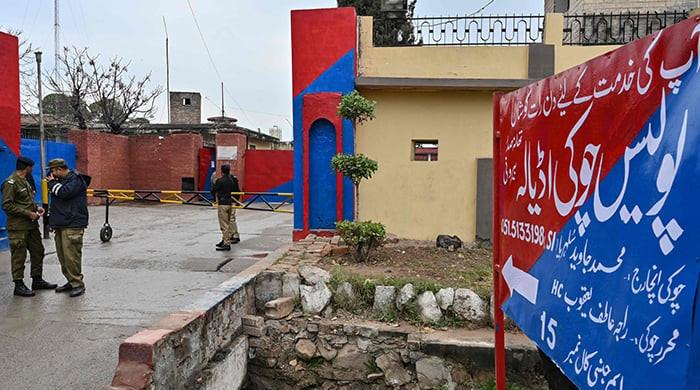Afridi's CMship — a slip between cup and lip
Sohail Afridi is said to be the choice of absconding PTI leader Murad Saeed, who is believed to have trained him politically
October 11, 2025
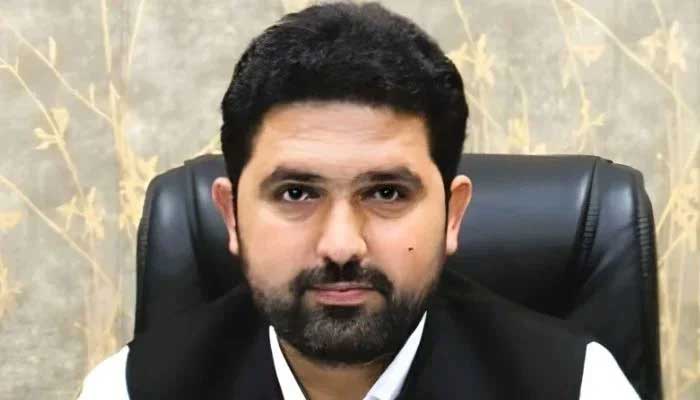
ISLAMABAD: Serious doubts have emerged about the materialisation of Pakistan Tehreek-e-Insaf founder Imran Khan’s decision to appoint Murad Saeed-trained Sohail Afridi as the new chief minister of Khyber Pakhtunkhwa, with a key federal official suggesting there may be “a slip between the cup and the lips.”
The official, who is relevant because of the nature of his job, told this correspondent that those who believe Afridi may not become chief minister despite his nomination “might find themselves right. “Nominations do not matter — what matters is the votes for the election of the chief minister’s office,” he said, adding that in this case, “the resignation of Ali Amin Gandapur has not yet even reached the governor.”
He cautioned, “Nothing is above the interest of the state,” warning that if any deliberate attempt is made to weaken the state, it will not be allowed.”
Afridi is said to be the choice of absconding PTI leader Murad Saeed, who is believed to have trained him politically. Known for his aggressive temperament, Afridi is understood to have been chosen by Imran Khan to handle the province’s worsening law and order situation according to Khan’s own approach rather than following the strategy formulated by the military and the federal government to curb terrorism in KP.
However, the decision has raised concerns in political and official circles, as it appears to signal Imran Khan’s intent to peak confrontation with the military establishment. Some federal ministers have already voiced their concerns over Afridi’s nomination and the alleged intent of Khan. One of the cabinet ministers even said that Khan’s new choice is ineligible to become the CM.
Observers fear this strategy of Khan may not only endanger the PTI government in KP but could also deepen the party’s troubles.
Adding weight to these concerns, Director General of the Inter-Services Public Relations Lt Gen Ahmed Sharif Chaudhry, in a hard-hitting press conference on Friday, indirectly linked political elements to the recent surge in militancy in KP. Without naming the PTI or Imran Khan, he said a “political-criminal nexus” was responsible for the rise in terrorist incidents. “Even today, voices are being raised against counterterrorism operations,” the DG ISPR said. “If every problem could be solved through dialogue, then why the battles of Badr and Uhud were fought.
He said terrorists and their facilitators had been given space under a “well thought-out plot,” while governance and public welfare in KP had been “deliberately affected.” He also criticised political narratives opposing the repatriation of Afghan refugees.
The DG ISPR warned that “misleading claims and political opportunism” had clouded national security decisions that once enjoyed cross-party consensus, adding that misinformation campaigns were being run to “confuse the public” and undermine operations against terrorism.
Political observers see the nomination of Afridi and the military’s sharp messaging as signs of an escalating political-security standoff in the province. With KP already facing a spike in terror incidents, many fear that Imran Khan’s latest political move, aimed at asserting control, could instead expose his party to greater risks.
Originally published in The News




